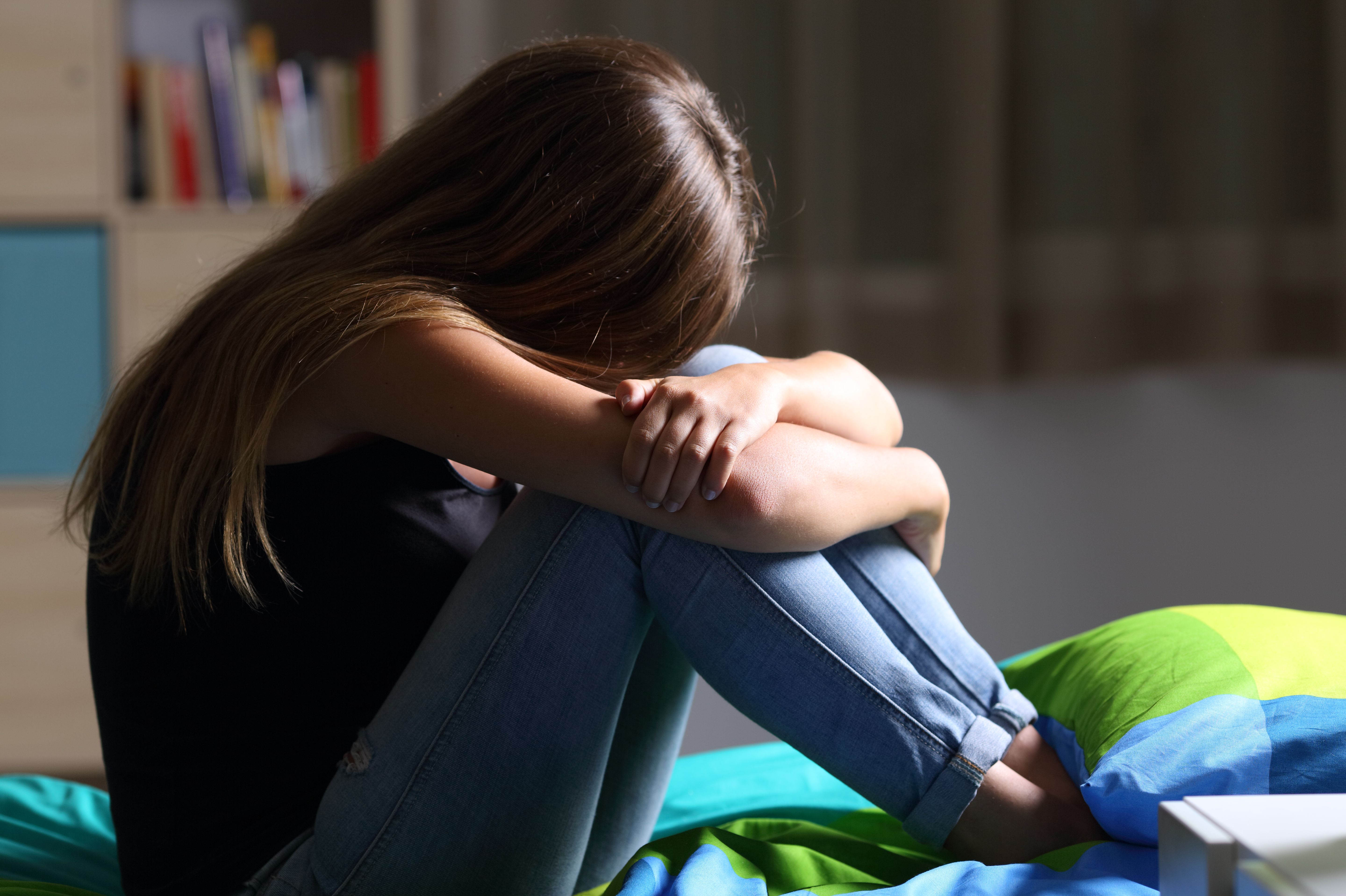
(02 March 2021): A study conducted by Danube University Krems in collaboration with the Medical University of Vienna and supported by the Federal Ministry for Education, Science and Research assessed the mental health of around 3,000 adolescent schoolchildren. The results showed a significant rise in the prevalence of psychological symptoms: 56% are suffering from symptoms of depression, 50% from anxiety, 25% from insomnia and 16% have suicidal thoughts.
"There has been a 5 to 10-fold increase in the incidence of symptoms of depression and anxiety, as well as sleep disorders, and the trend is an upward one. The results are alarming. Especially the fact that such a high proportion of adolescents currently have suicidal thoughts," says principal investigator Univ.-Prof. Dr. Christoph Pieh from Danube University Krems.
Between 03 and 28 February 2021, 3,052 schoolchildren (aged 14 and over) from all over Austria were asked about their mental health. The results show that the prevalence of psychological symptoms has increased many fold compared to epidemiological studies conducted prior to the Covid-19 pandemic.
"Particularly alarming is the fact that around 16% report having suicidal thoughts every day or more than every other day. This is a significant rise compared to the last available data for Austria," explained study author Univ.-Prof. Dr. Paul Plener, Head of MedUni Vienna's Department of Child and Adolescent Psychiatry.
Urgent action required at different levels
"The results make one thing clear: urgent action is required, notably at many different levels. It is an urgent appeal to take greater account of the psychosocial consequences of the pandemic in any future decision-making," argued health research expert Christoph Pieh. In addition to providing rapid mental healthcare appropriate to the severity of symptoms, it is also important to promote physical exercise. Schools have an important role to play here, which goes well beyond teaching. "The opening of the schools is an important step, on the one hand to enable social contact and personal exchange, and on the other hand to offer the students a regular daily structure and schedule," explains Pieh.
Another finding was the significant rise in mobile phone usage: around half of all adolescents now spend five or more hours every day on their smartphones. This is twice as much as in 2018. "It is all the more concerning, as the incidence of mental problems increases significantly with increasing daily use of mobile phones," explains Pieh. At the same time, there was found to be a significant decline in the amount of physical exercise. Smartphones were also used to maintain social contacts during COVID-19 restrictions. Nevertheless, Instagram, FaceTime, TikTok and the like do not appear to be able to replace personal contact, whether that be at football games, going out or just spending time together.
Taking mental stress seriously
Because of the high prevalence of mental anomalies, it is essential to focus on basic support for mental health. "We must emphasise the importance of maintaining a proper day-night rhythm with adequate sleep, of physical activity and the resumption of social contacts," specified the expert in child and adolescent psychiatry, Paul Plener. However, if the problems become too serious, it is important to seek help. "Professional help is important, especially in serious cases and particularly if a person is having suicidal thoughts, and such help is available" emphasises study author Paul Plener.
Link to the study: https://papers.ssrn.com/sol3/papers.cfm?abstract_id=3795639.